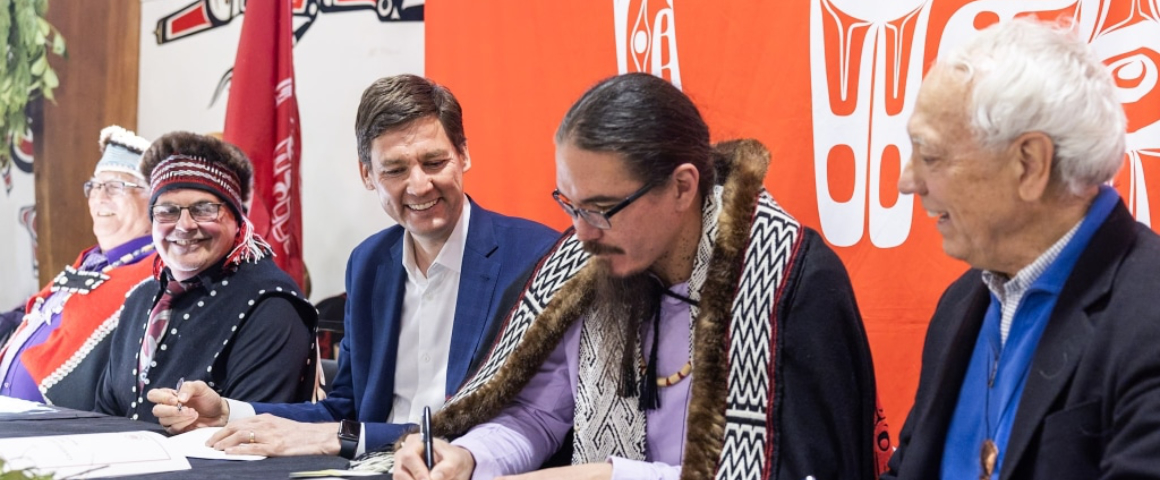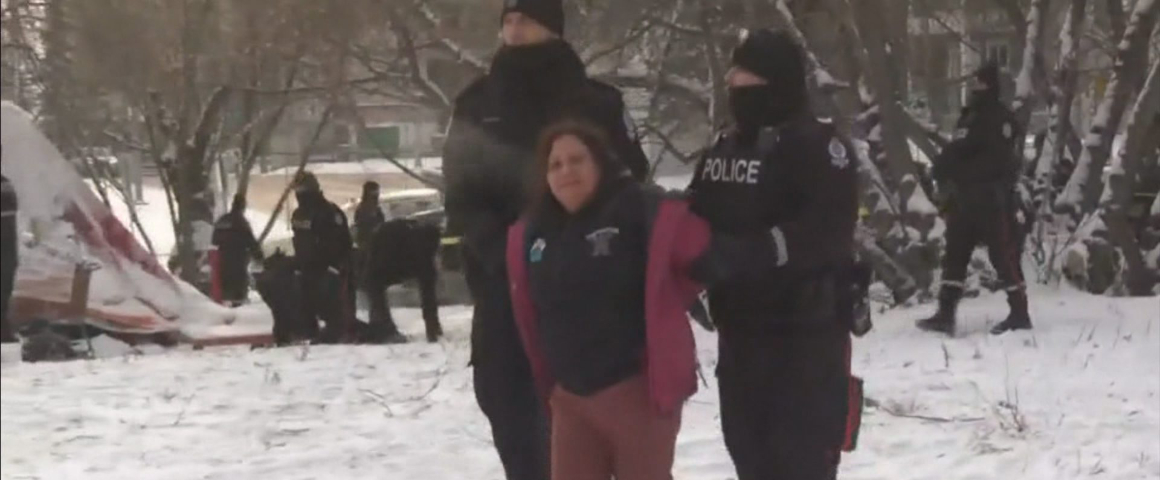Denis Boulet
On November 30, the Wolastoqey Nation in New Brunswick filed a new version of their title claim to the Court of Queen’s Bench which included New Brunswick’s major forestry companies.
The companies listed as defendants include J.D. Irving Ltd. and 18 of its subsidiaries or related entities including Acadian Timber, Twin Rivers Paper, HJ Crabbe & Sons and A.V. Group. New Brunswick’s public utility, NB Power, was also named.
According to a backgrounder released by the Wolastoqey Nation, “these companies extract resources, primarily through forestry, from the traditional lands of the Wolastoqey Nation. They did not pay fair value for the land they occupy. The lands claimed in the lawsuit total more than five million hectares which have been governed, protected, managed, used and occupied by the Wolastoqey from time immemorial.”
Chief Patricia Bernard of the Madawaska Maliseet First Nation said the Wolastoqey Nation’s title claim is about addressing 200 years of land and resource theft authorized and overseen by the Government of New Brunswick. “Instead of protecting the rightful holders of the land, the provincial government lets corporations run amok on it,” she said.
The Wolastoqey Nation has repeatedly sought to reassure Settler and non-Indigenous communities that the ongoing litigation asking the court to confirm Aboriginal title on their traditional lands “does not seek to displace regular New Brunswickers from their homes and farms.”
Despite these assurances, Premier Blaine Higgs at a press conference on December 1, accompanied by the Minister of Aboriginal Affairs and the Minister of Natural Resources, proceeded to fearmonger and sow confusion. He falsely claimed that the Wolastoqey’s pursuit of Aboriginal title lacked clarity with regards to ownership and would “take control of land that is privately owned” and could end up costing the province “trillions of dollars.”
Reacting to Premier Higgs’ exaggerations to APTN News, Chief Joanna Bernard, Assembly of First Nations Regional Chief for New Brunswick said “he’s a ding dong… he just does not know what he’s doing. He’s actually making it worse for the people of the province.” Asked about the impact of the Wolastoqey title claim, Chief Bernard said that if successful, the precedent set will support the title claim put forth by the Mi’kmaq Nation in 2016.
The Wolastoqey title claim represents one of the most significant challenges in decades to the New Brunswick forest industry. The industry has faced opposition to its widespread use of glyphosate herbicide through campaigns in the 2010s. There was also significant opposition to the 2014 forestry plan hatched by Conservative premier David Alward which permitted the forestry industry to cut beyond sustainable levels.
There is also longstanding tension between the industry (which owns the mills) and private woodlot owners who provide it about a third of its raw materials. Woodlot owners continue to be paid a pittance for their wood through marketing boards with virtually no bargaining power – due to the province’s excessive allowances on so-called “Crown” land – all the while collecting no new royalties that could fund social programs despite recent record prices in the lumber market.
New Brunswick is a construct of British settler colonialism. With its origins as a timber colony for the British Navy, its primary function has been to enable the exploitation of the land, resources and peoples living on this land. It has enabled the accumulation of untold wealth at the expense of the original inhabitants. The British Crown usurped title to the land and this colonial theft is at the origin of the current capitalist economy.
The title claim by the Wolastoqey Nation seeks historical redress for centuries of colonial dispossession and signals the potential for a new era in Settler-Indigenous relations.
[Photo of Wolastoqey flag at New Brunswick legislature: WolastoqeyNNB Twitter]
[hr gap=”10″]
Get People’s Voice delivered to your door or inbox!
If you found this article useful, please consider subscribing to People’s Voice.
We are 100% reader-supported, with no corporate or government funding.




